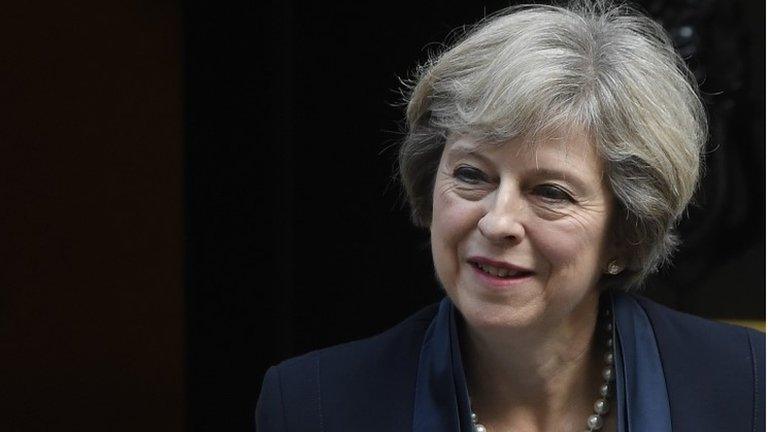Brexit: UK government 'desperate' over Article 50 appeal
- Published
Mick Antoniw claims the devolution settlement would change if the UK government triggers Article 50 without Parliament's consent
The UK government has been accused of becoming "desperate" ahead of its Supreme Court Brexit appeal.
An appeal of the High Court ruling that Parliament must vote before Article 50 can be triggered begins on Monday.
The Welsh Government's counsel general Mick Antoniw claims starting the process without MPs' consent would change Wales' devolution settlement.
But the UK government accused him of attempting to get judges to stray into areas of "political judgement".
It claims Prime Minister Theresa May can invoke Article 50 of the Lisbon Treaty to launch the formal two-year process of leaving the European Union using crown prerogative - powers used by ministers that do not require the permission of MPs.
But the Welsh Government's top legal advisor, Mr Antoniw, has argued starting this process would "modify the competence of the National Assembly for Wales and the Welsh Government".
The Pontypridd AM said triggering Article 50 without the permission of Parliament would "short-circuit" a rule - called the Sewel Convention - which prevents ministers in Westminster passing laws on devolved matters without the consent of Welsh ministers.
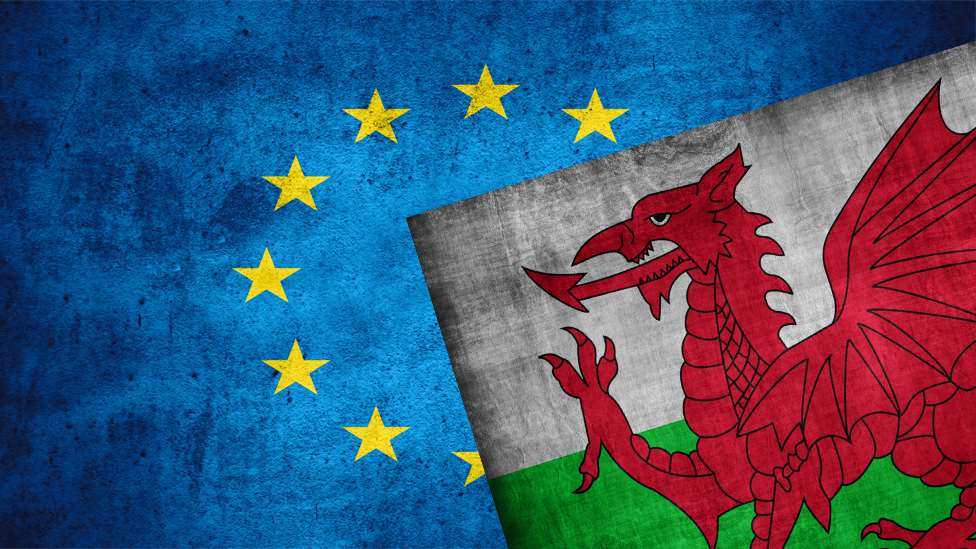
The Welsh Government's case will be put before the Supreme Court on Thursday.
Speaking to BBC's Sunday Politics Wales programme, he described the UK government's argument that it did not need MPs' permission to start the process as "very imprudent".
"It does not impress, and I'm not certain it will impress the court either," he said.
"Because if you have a strong argument you don't need to use that type of language; the strength of your argument is in your case itself.
"So, for me, it sounds as if it's becoming a little desperate."
The UK government said Mr Antoniw and his counterpart in Scotland were asking the Supreme Court judges to stray into "areas of political judgement rather than legal adjudication".
A spokesman added: "The court should resist that invitation, particularly where the underlying issue is one of considerable political sensitivity."
The spokesman also said the Sewel Convention would not be "short-circuited" describing it as "a political convention" not a "justifiable legal principle".
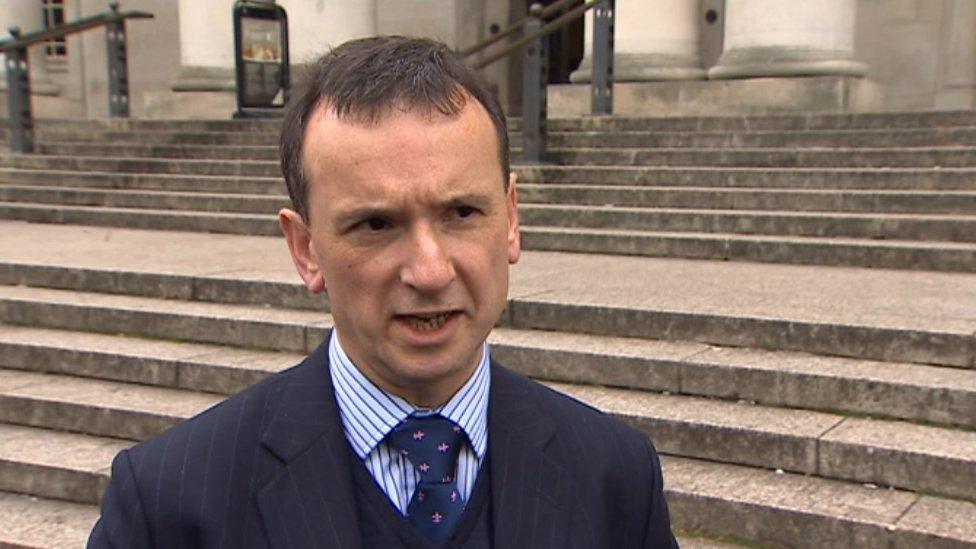
Alun Cairns said it is "right and fair" the Welsh Government makes its case to the Supreme Court
Meanwhile, Welsh secretary Alun Cairns said he hoped the Welsh Government was not trying to frustrate Brexit in its involvement in the Supreme Court appeal.
He said doing so would provide "greater uncertainty", adding: "I think we need to recognise that the case from the Welsh Government is on a very narrow area.
"It's only right and fair that they put that in front of the Supreme Court.
"But I hope it's been taken in a positive way rather than in a way of frustrating the process.
"After all, Wales voted to leave the European Union. I, as the Secretary of State for Wales, and the Welsh Government have a responsibility to deliver on that.
"So I hope it's not being used as a chance of frustrating the process for the whole of the United Kingdom - and that will provide greater uncertainty.
"We are providing the greatest certainty possible by saying that we will invoke Article 50 by the end of March, and we are still planning on working to that timeline."
The Welsh government will argue for the appeal to be upheld when it sets out its case to the Supreme Court on Thursday.
- Published27 November 2016

- Published18 November 2016
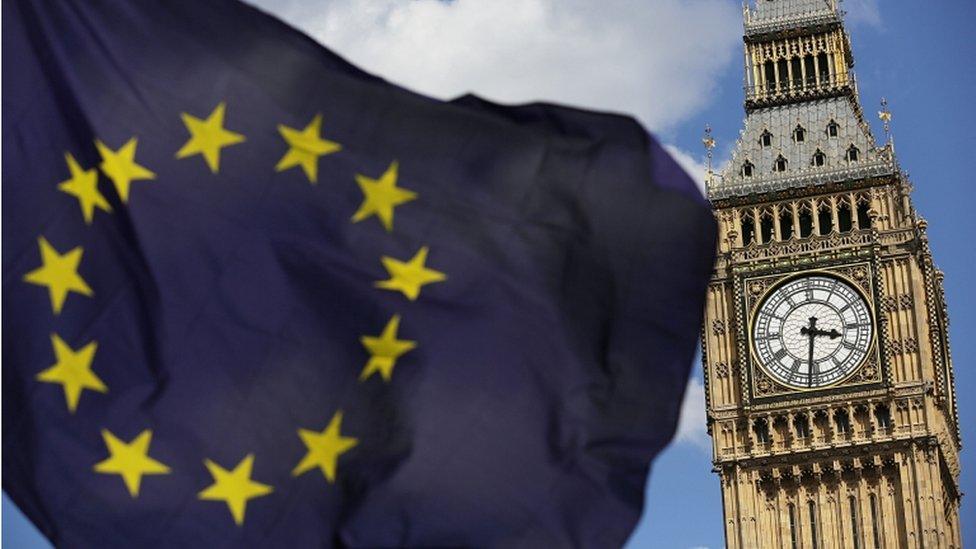
- Published4 November 2016
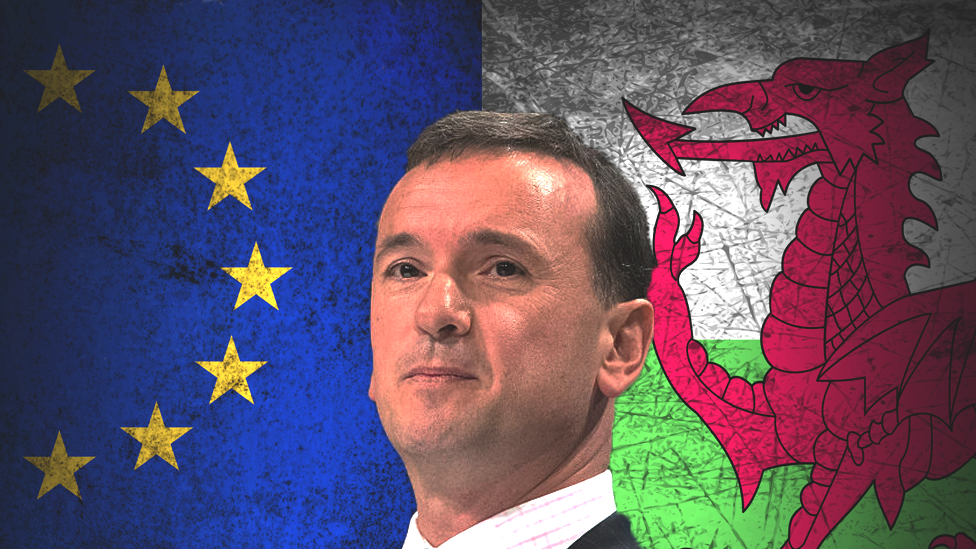
- Published7 November 2016
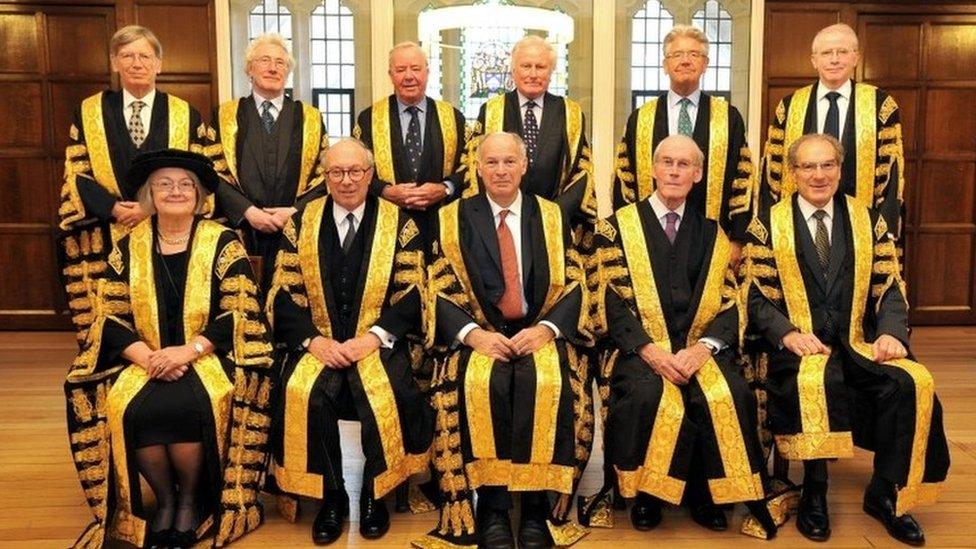
- Published27 November 2016
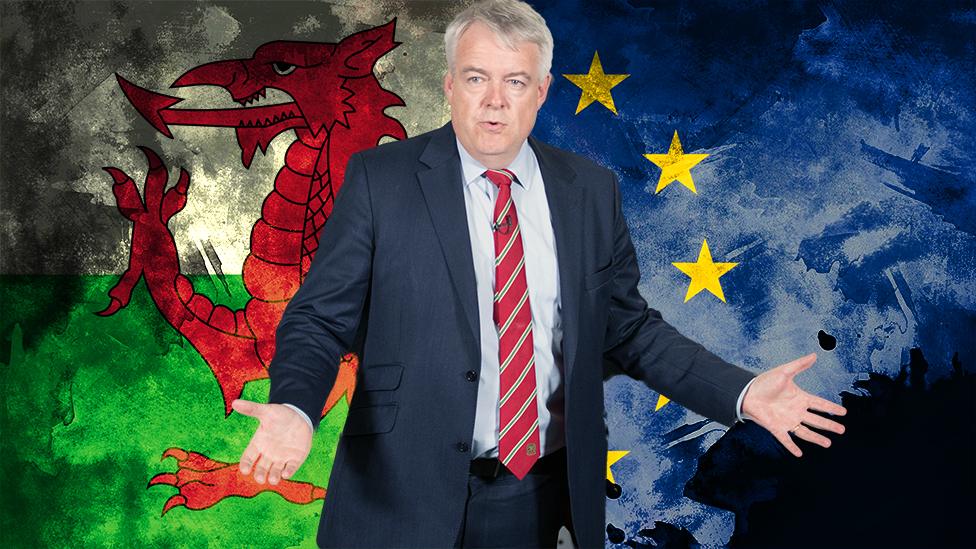
- Published17 October 2016
